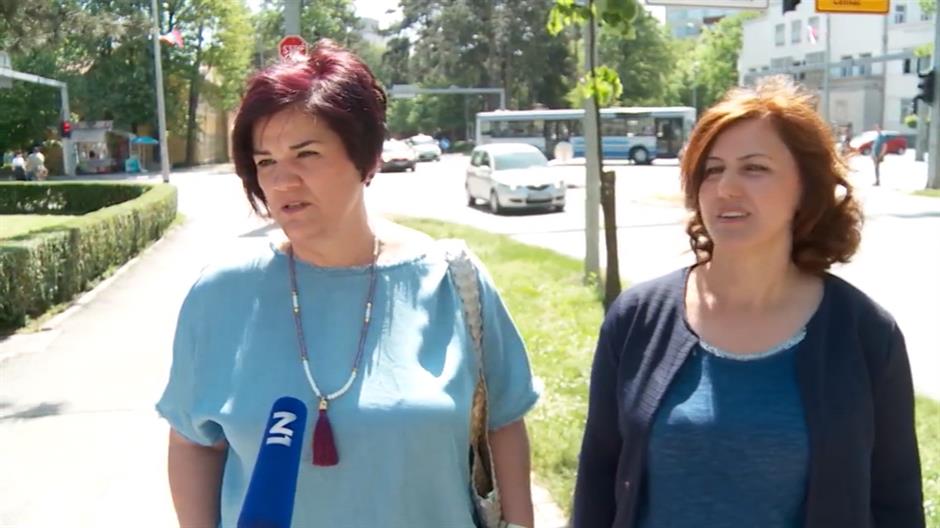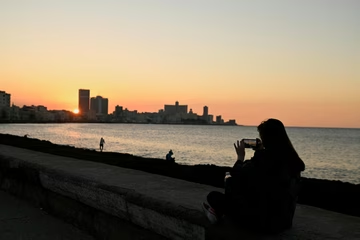Not much to celebrate on Labour Day in Bosnia

Like every year, Bosnians will be picnicking on May 1. But considering the worker’s economic situation and working conditions, they don’t have much reason to celebrate Labour Day.
Oglas
Workers of the Banjaluka tobacco factory can serve as an example. They recently became unemployed, when the factory closed down beginning this year after 130 years.
“We just signed a coercive termination contract,” said one of the two former workers which N1 approached on the street said.
“I have worked for 27 years and now I don’t know what to do and how to do it. By signing this contract, I have no right to approach the unemployment office,” for benefits, her former colleague said.
Oglas
“Pathetic is the country in which I feel like I do now,” she said.
Their story reflects the fate of many others in the country. Most of the breaches of all kind of worker’s rights occur in the trade sector, where 305 violations have been reported last year – from unpaid overtime, no brake allowed, to failure to register employees with the authorities. Mobbing alone was reported in 194 cases.
“We have no witnesses for such cases. Colleagues will not testify out of fear it may negatively effect them,” President of the Trade Union of Workers in Commerce and Services of Bosnia and Herzegovina, Mersiha Besirovic, told N1.
Future mothers fear losing their jobs as well. Those who decide to get pregnant in Bosnia’s Federation, one of the two country’s sub-states, may not even receive any benefits from the local government.
Oglas
This needs to change, lawyer Dina Durakovic told N1.
“Their discrimination based on where they live and who they work for needs to end. In Republika Srpska (the other sub-state in the country), there is a fund that operates regardless of any issues that may come up,” she said.
Workers’ rights are well regulated according to the Labour Law, but their implementation is lacking, she said.
“They don’t register young people when they employ them. They (young people) work too much and employers exhaust them,” she said.
Oglas
According to the relevant laws, all workers in Bosnia should have the right to pension, health care, paid overtime, vacation days and a break during the working day.
Kakvo je tvoje mišljenje o ovome?
Učestvuj u diskusiji ili pročitaj komentare
Oglas
Kakvo je tvoje mišljenje o ovome?
Učestvuj u diskusiji ili pročitaj komentare
Oglas





 Srbija
Srbija
 Hrvatska
Hrvatska
 Slovenija
Slovenija


























































